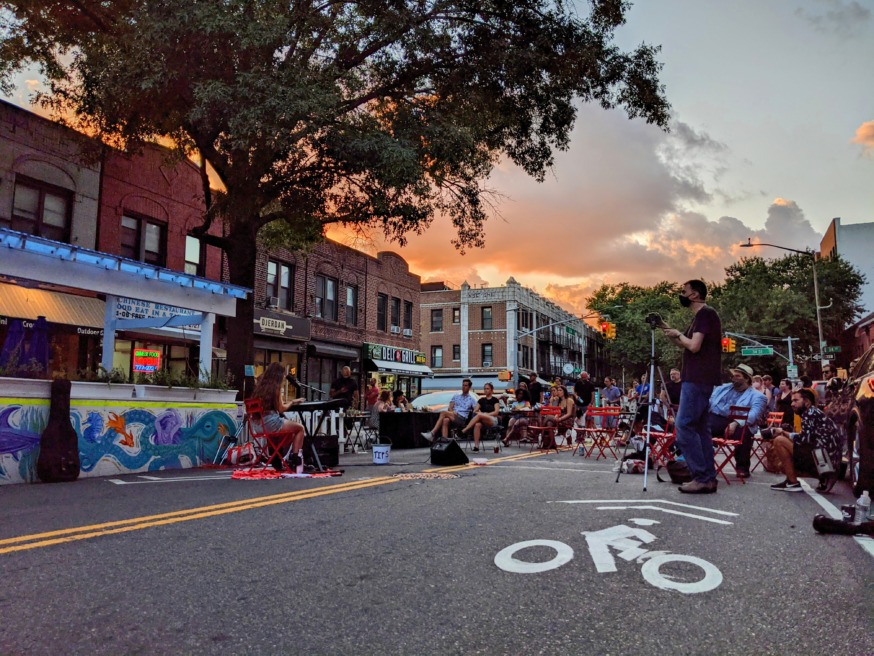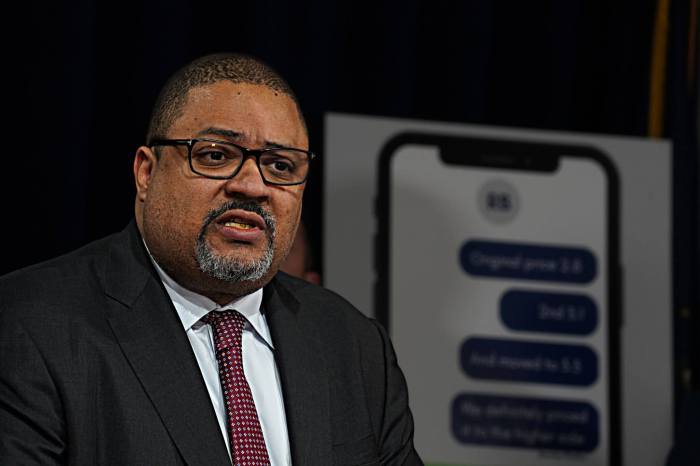Fed Bill Guards Against Fleeing
Sen. Charles E. Schumer announced on Monday, Jan. 27, that he will introduce legislation called “Avonte’s Law” to create and fund a program to provide voluntary tracking devices and expand support services for families with children who have autism spectrum disorder (ASD) or other developmental disorders in which “bolting” from parents or caregivers is common.
The voluntary program would only be for parents who choose to use the devices. Schumer’s decision to author and introduce legislation will ensure that the Department of Justice (DOJ) has the authority and funding to provide grants to local law enforcement entities and other organizations with an interest in assisting these children.
This program would be modeled off an innovative, voluntary federal program that is already in place to track seniors with Alzheimer’s. Schumer said “Avonte’s Law” would extend this program to include children with autism and other disorders.
The senator stressed that the program would be totally voluntary for parents, would be run by the local police department or other local law enforcement, and would also provide funding for training of individuals on how to use and maintain these devices and outreach to community members to better educate and create awareness around identifying and aiding a child with autism that has wandered.
Parents, schools, and law enforcement would all have to choose to participate-nothing would be mandatory.
“The tragic end to the search for Avonte Oquendo clearly demonstrates that we need to do more to protect children with autism who are at risk of running away,” said Schumer. “Thousands of families face the awful reality each and every day that their child with autism may run away. Making voluntary tracking devices available will help put parents at ease, and most importantly, help prevent future tragedies like Avonte’s. By expanding the innovative program we currently have in place for at-risk Alzheimer’s patients, we will help thousands of families avoid what Avonte’s family just experienced.”
In October 2013, Avonte Oquendo-a 14-year-old boy with a diagnosis of autism spectrum disorder-bolted from his school in Long Island City. Authorities and volunteers searched for Avonte for more than three months, until his remains were eventually discovered on Jan. 16 in College Point.
Last November, Schumer called for the DOJ to extend one of their current grant programs to provide voluntary tracking devices for children who have autism or other developmental disorders in which “bolting” from parents or caregivers is common. Schumer is taking this additional step to push for permanent and certain funding. A new grant program would also provide additional resources to local entities that find other innovative ways to assist families.
The need for a program like this is imperative since “bolting,” running, or wandering is common among children and teens with autism. This is technically called elopement, which is the tendency to leave a safe place. Children and teens who exhibit this behavior tend to be at the severe end of ASD.
Children and teens with ASD tend to run for various reasons, including avoiding a demand or situation, sensory overload, or a desire to access something or someone that they care about. These individuals often have a significant lack of impulse control and may also lack significant safety awareness. An everyday environment for a typical developing child may create anxiety and be intolerable for a child or teen with autism; this may lead to running or wandering.
Tracking technology includes personal locating devices that can prevent tragedy when individuals wander from school or home, and are lost. Tracking devices can be worn as non-tampering wristwatches, anklets, or clipped onto belt loops or onto shoelaces. They can also be woven into specially designed clothing.
When users of the device are missing, the caregiver/school system notifies the device company and a trained emergency team responds to the area. Most who wander are found within a few miles from home.
Recovery time for Project Lifesaver users, a maker of one of the devices, averages 30 minutes, which is 95 percent less time than it takes to find those without these tracking devices. Schumer noted that these devices should be used in conjunction with other educational and behavior supports.
According to a study conducted by the Interactive Autism Network and AWAARE, 49 percent of children and teens with autism attempt to run, or wander. Of those who attempted to run, 53 percent of the children were missing long enough to cause serious concern.
According to AWAARE and the National Autism Association, of these children, 74 percent run or wander from their own home or from someone else’s home, 40 percent run or wander from stores and 29 percent run or wander from schools. Close calls with traffic injuries were reported for 65 percent of the missing children and close calls with drowning were reported for 24 percent of the missing children.
Running and wandering in children and teens with autism takes an enormous toll on families and caregivers. 56 percent of parents reported running as one of the most stressful behaviors they have had to cope with as caregivers of a child with autism. 50 percent of parents reported receiving little guidance on preventing or addressing this common behavior.
Avonte’s Law will create an entirely new grant program within the Department of Justice that will be available to local law enforcement, schools and non-profits that aim to assist children with Autism Spectrum Disorder (ASD). The bill will authorize the federal government to provide $10 million in order to help fund the purchase of voluntary tracking devices for children with ASD, training for parents, schools and local law enforcement, as well as other innovative methods that will assist families of children who “wander” with ASD.
With this additional funding, families and local entities can work together to find the best possible solution for each individual child with ASD, Schumer added.































